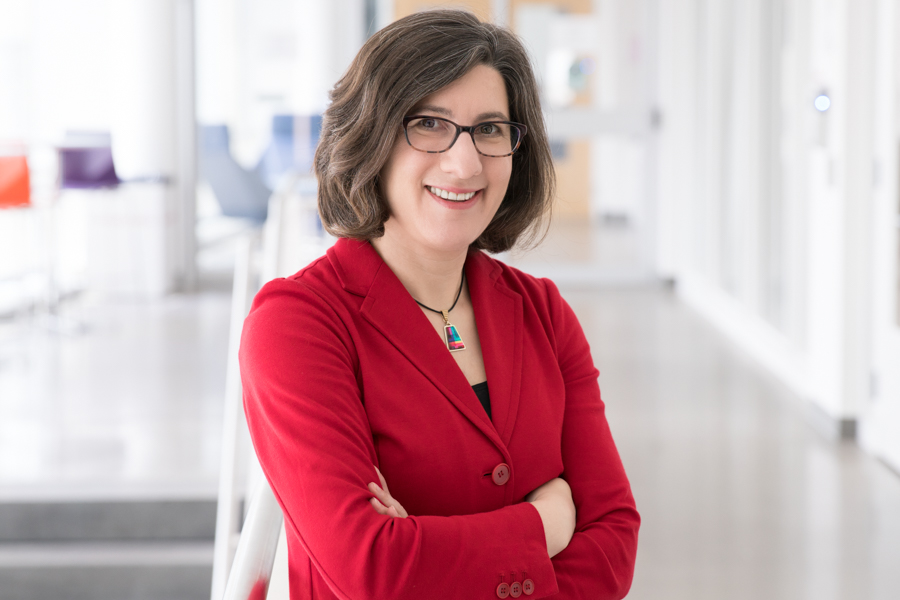Cranor Named Andrew Carnegie Fellow
By Josh Quicksall
Institute for Software Research (ISR) faculty member and CyLab Director, Lorrie Cranor, has been named a 2019 Andrew Carnegie Fellow by the Carnegie Corporation of New York. Cranor will receive a grant of $200,000 in order to devote significant time to research, writing, and publishing in their respective fields. Brian Kovak, of the Heinz College of Information Systems and Public Policy, was also named a 2019 Carnegie Fellow.
Since 2015, the Andrew Carnegie Fellows Program has provided $32 million in grants to more than 160 fellows. The program’s mission is to offer fresh perspectives on some of the most urgent issues of the day.
“I think of the fellows as an investment in our future,” said Susan Hockfield, chair of the Andrew Carnegie Fellows Program jury and president emerita of the Massachusetts Institute of Technology. “Speaking as a neuroscientist, they remind me that science and technology must be accompanied by a broader understanding of the human condition, history, economics, and the many fields of study that form the social sciences and humanities.”
In addition to serving as the Bosch Distinguished Professor in Security and Privacy Technologies, Cranor is the FORE Systems Professor of Computer Science and of Engineering and Public Policy, and directs the CyLab Usable Privacy and Security (CUPS) Laboratory. Furthermore, she co-directs Carnegie Mellon's Privacy Engineering master's program, and served as Chief Technologist at the Federal Trade Commission (FTC) in 2016.
Having authored over 150 papers on privacy and security, Cranor’s work has championed usability as a key element to making modern technology more safe, secure, and privacy-aware. Her seminal book, Security and Usability, is widely regarded as a foundational work in the field. And the Symposium On Usable Privacy and Security (SOUPS), which Cranor founded, is considered the preeminent conference on the topic.
“This recognition by the Carnegie Corporation is very meaningful, not only on a personal level, but also in terms of the work ahead of us in privacy and security,” Cranor notes. “Our lack of attention to the ways that humans interact with security and privacy tools has led to security vulnerabilities and public policies that fail to protect security and privacy. This gift will enable me to pursue further work on developing, validating, and documenting empirical methods for the study of security, privacy, and human behavior so that these methods might be more readily applied in evidence-based decision making by policy makers as well as within organizations.”
The Andrew Carnegie Fellowship award is for a period of up to two years and its anticipated result is a book or major study. In addition to To read more about the Andrew Carnegie Fellows Program, the class of 2019, the work of past honorees, the criteria for proposal, and a historical timeline of scholarly research supported by the Corporation; please visit the program website.
